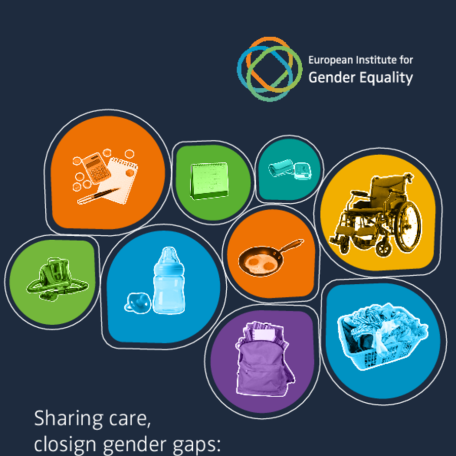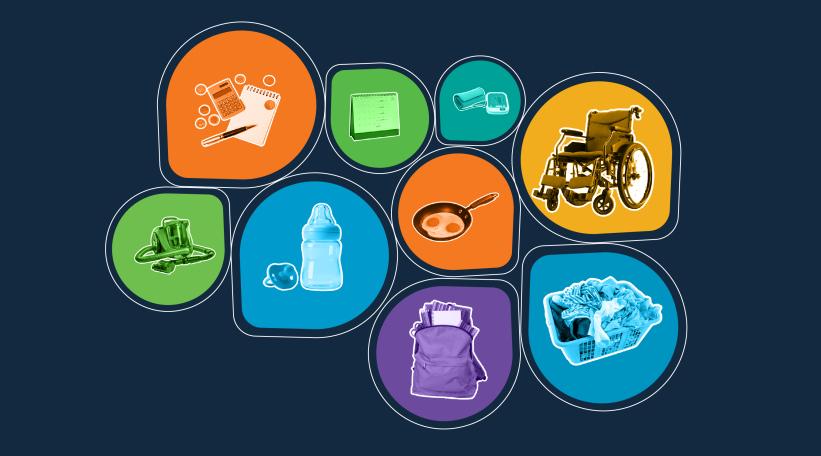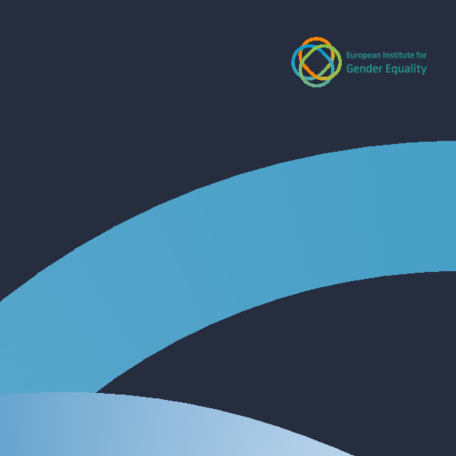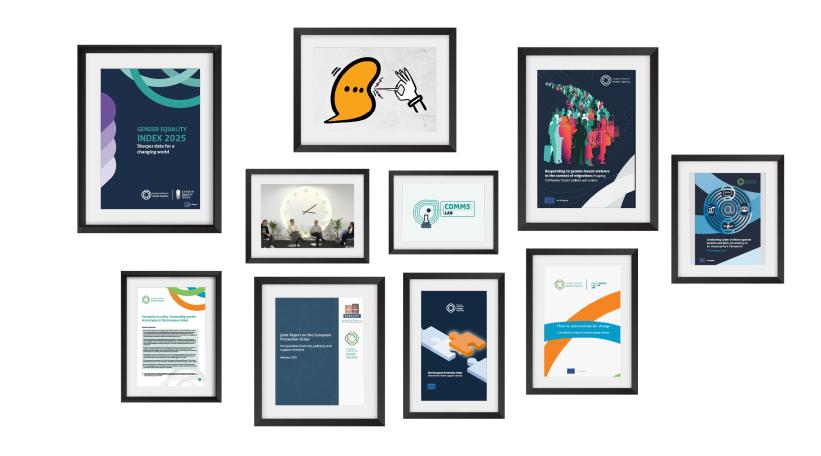
For the first time ever, EIGE’s Gender Equality Index shows signs of a worsening situation for women in many areas of work and home life.
The Index paints a picture of rising inequalities in post-pandemic Europe. By addressing these today, we can build a stronger economy that benefits everyone, regardless of gender.
Tackling this problem was a core theme of the EU’s first Gender Equality Forum. The Forum that took place on 24 – 25 October, in Brussels and online. Hundreds of participants were united by the desire to value all people equally. Policymakers, civil society groups, academics and business leaders. And even more joined the debate online.
“We’re living in a world where complex crises are the norm. We’re living in a mega crisis!” UN Special Rapporteur Reem Alsalem told the Forum.
“If you want to measure the progress and state of human rights in a country, look no further than the rights enjoyed by women and girls.”
"Intersectionality has to take centre stage when considering the impact of Covid-19. Young women, those with disabilities and those from a migrant background were hardest hit."
Evelyn Regner, Vice-President of the European Parliament, acknowledges the “impatience and anger” many feel about rising inequalities in the EU today.
“We have to take that on board. It has to be reflected in the legislation we put on the table.” She says:
There’s a gender aspect for every issue: energy prices, food prices, the war in Ukraine. Solving those problems is impossible if we don’t fully include the gender perspective.
In 2022, rising energy costs have become a growing concern across the EU. These higher energy prices affect low-income households more since they spend a larger share of their budget on electricity and gas.
Women are also more affected by energy poverty. They tend to have lower incomes than men, partly due to the gender pay gap and the gender pension gap. And, those with a lower income do not have the means to invest in energy-efficient devices or isolation. This reinforces existing gendered energy poverty.
Czech Commissioner for Human Rights, Klara Laurencikova Simackova, agrees: “Without gender mainstreaming we won’t be able to solve the problems."
"We need to link the numbers from the Gender Equality Index to those real stories and gender mainstreaming needs to be a strategic priority for public policy."
“During Covid-19 and because of the war in Ukraine, we can see the biggest impact of these crises is on vulnerable groups…and mainly women.”
For this reason, the Czech Presidency of the EU has been working on gender mainstreaming in all policy areas, including new rules about pay transparency.
This pledge is welcomed by those campaigning for workers’ and women’s rights. Says Esther Lynch, Deputy General Secretary at the ETUC:
Covid pushing women back into the home, from the workplace is a big concern. We have to value caring and cleaning work done by women. We need to challenge the assumption that only jobs that require a high level of education are valuable and worthy of respect.
In the latest edition of the Gender Equality Index, EIGE has shown how the pandemic has led to more intense informal care demands. In terms of childcare, long-term care and housework, especially for women. The impact was particularly strong for those in paid employment. Women were also more likely than men to face increased time demands at work and from childcare.
EIGE will continue to provide guidance and high-quality research gender statistics to help governments address these issues and develop new evidence-based policies to make a fairer Europe.




